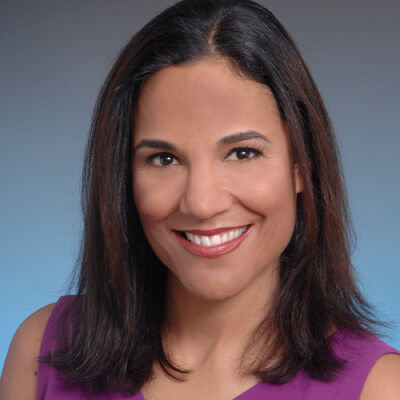Energy Security and Geopolitics: Are Risk and Uncertainty the New Normal?
In the wake of the killing of Iranian Quds Force Leader Qasem Soleimani, views differ on whether the US action will lead to an off-ramp or escalation of the regional crisis. My opinion is that, as long as Iran remains under crippling sanctions, the risk of further attacks by proxy groups remains and tensions will run high. In contrast, other panelists thought that the killing of Soleimani and his key Iraqi Lieutenant, Abu Mahdi al-Muhandis seriously degraded Iran’s disruptive capabilities as Soleimani was the regime’s “essential man”, with almost every major government decision vetted by him. They believe the large domestic demonstrations in Iraq against endemic corruption, lack of economic opportunity and essential services posed an acute threat to Soleimani. With him gone, Baghdad could now break free from Tehran’s grip and pursue better relations with Washington and its neighbors. They also think the Iranian’s leadership position at home has been significantly weakened following the shooting down of the Ukraine International Airlines passenger plane and the deepening domestic crisis.
Watch Helima Croft join panelists during the Atlantic Council’s Global Energy Forum in Abu Dhabi to talk about how can countries manage energy security risk and use energy as a tool for stability, rather than conflict?
Moderated by: Andrew Sollinger, Publisher, Foreign Policy
panelists: Helima Croft, Managing Director and Global Head of Commodity Strategy, Global Research, RBC Capital Markets, LLC, Amos Hochstein, Senior Vice President, Marketing, Tellurian Inc., GEN James L. Jones, Jr., USMC (Ret.), Executive Chairman Emeritus, Atlantic Council, Kadri Simson, Commissioner for Energy, European Commission, Masakazu Toyoda, Chair and CEO, Institute of Energy Economics Japan
Kicking the Hornet’s Nest
However, a divergent counter-narrative was provided by several attendees with deep roots in the region’s key battleground states, including former Obama administration officials that played key roles in crafting the 2015 JCPOA nuclear agreement. For them, killing Soleimani was akin to kicking the hornet’s nest. They think the Islamic Revolutionary Guard Corps (IRGC) was unlikely to flinch at the resurgent protest movement anyway and would likely pursue efforts to raise the costs for Washington’s sanctions. They also warned that Iraq could easily become more unstable with the loss of central control over the Popular Mobilization Forces militias.
Either camp you belong to, there are a number of key events to watch next. They include next month’s Iranian parliamentary elections. If hardliners prevail, the risk of escalation with the U.S. could likely increase. A victory by the moderates, meanwhile, could lead President Rouhani and Foreign Minister Zarif to restart negotiations with Washington. The upcoming White House decision to extend Iraq’s waiver to import gas and electricity from Iran could also prove quite consequential as it would deplete Iran’s coffers and further imperil Iraq’s caretaker government as unstable power supplies have been at the heart of the demonstrations that started in September. Finally, watch the near-term actions by neighboring states like UAE and Saudi Arabia, which have softened their stance towards Iran and pursued back channel diplomatic efforts. If they gain greater traction and seem to receive the blessing of the White House, this could lead to a quiet(er) period for the region.
However, the risk an unintended escalation through miscalculation remains as long as Iran lacks significant prospects for economic relief.
So, what’s next?
I believe the “All is well” tweet from President Trump sums up what many in the market think: further attacks on Gulf energy infrastructure will be very transitory based on how quickly Saudi Arabia recovered after the attack on Abqaiq’s facilities on September 14th. They do not expect any further attack to be nearly as big in terms of infrastructure. A similar attack on an Iraqi facility, however, may not have the same outcome. I therefore think we should still worry about the Iranians going back to the more shadow wars in terms of the effects that could have on infrastructure.
Another thing: Middle East oil still matters, particularly the heavier barrels. Although the United States has significantly reduced oil imports from the region (2.8 million barrels a day in 2001 vs. c.906,000 barrels a day in first 10 months of 2019), when President Trump tweets about OPEC asking for more barrels, it means the U.S. still needs the cartel. In case of a disruption, the U.S. would still look to Saudi Arabia to make up for it, if unwilling to draw from its own Strategic Petroleum Reserve.
In my view, the market should exert more caution. It is being very complacent about the current situation and seems to think it is so well supplied it’s not going to matter. As a result, I do not consider oil as a leading indicator of potential unrest in the region anymore, as it seems to now react to “something happening” rather than reflect potential disruption and risk.
